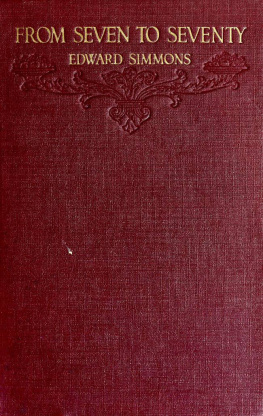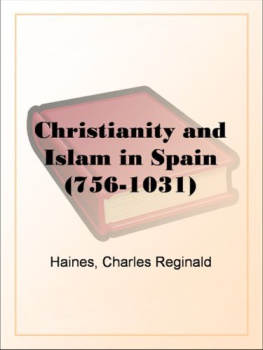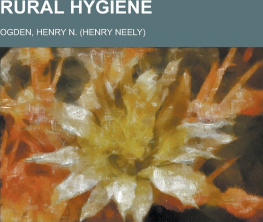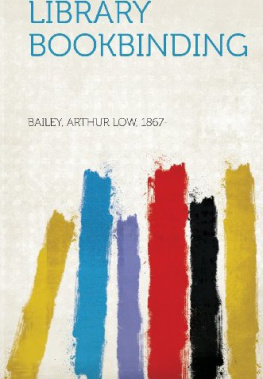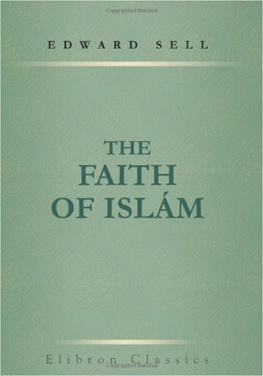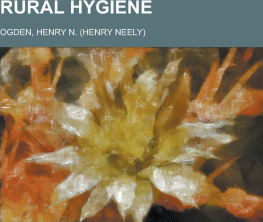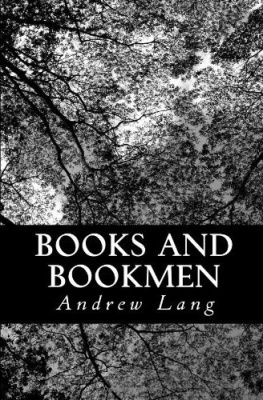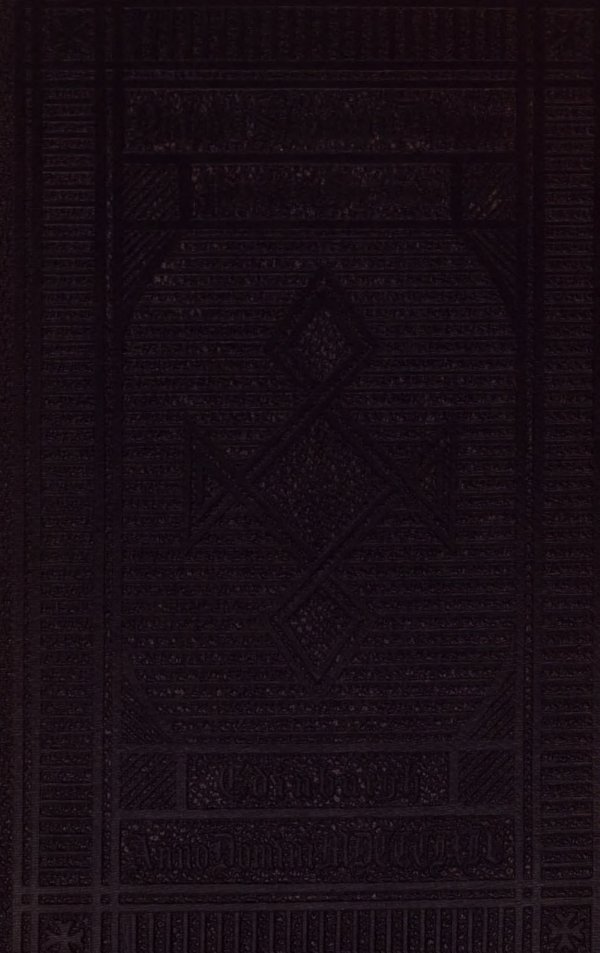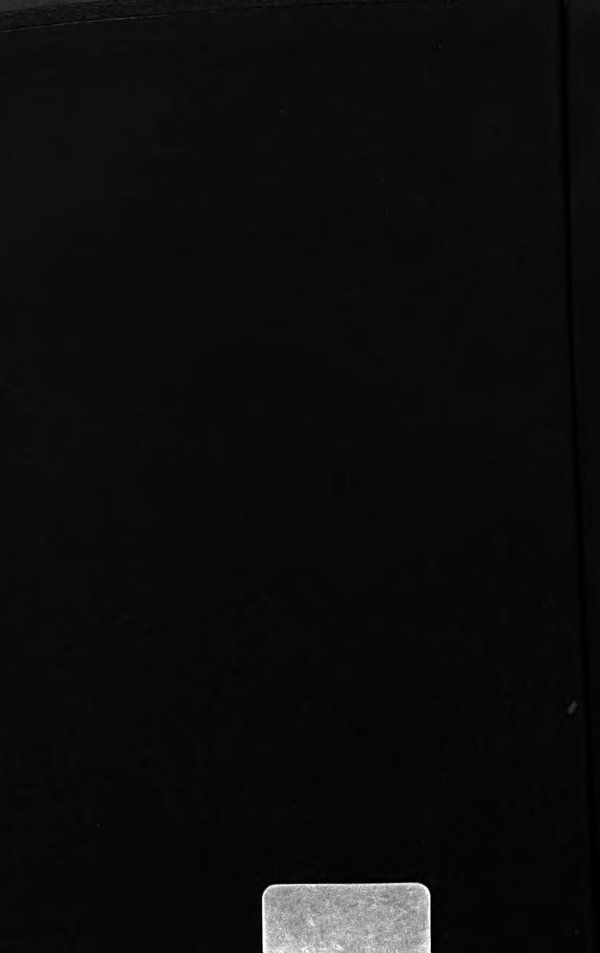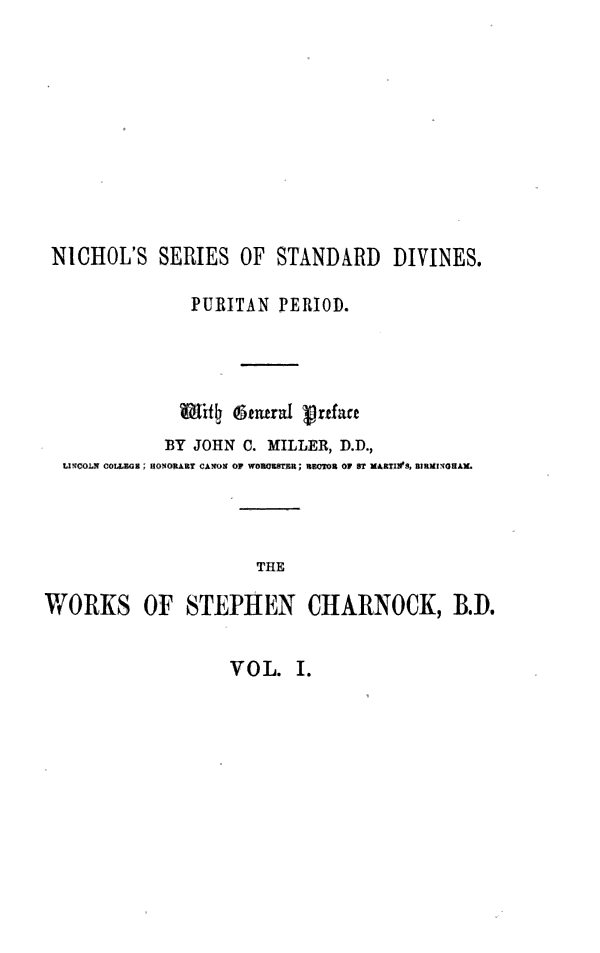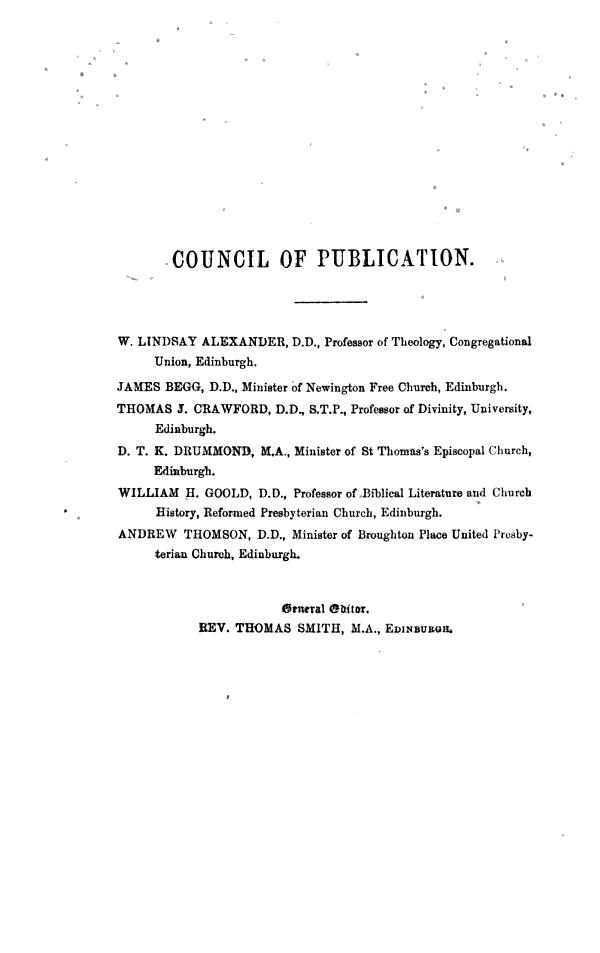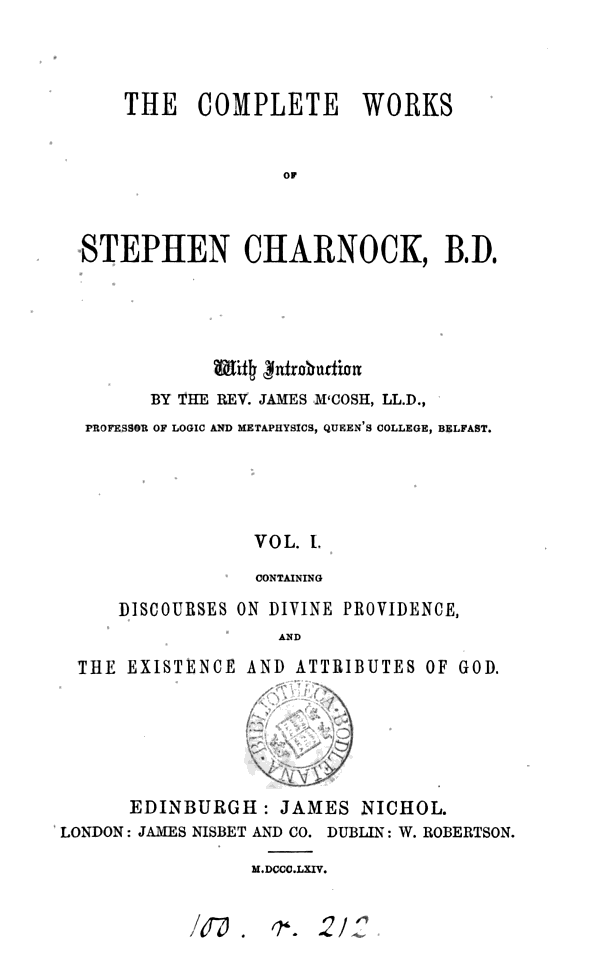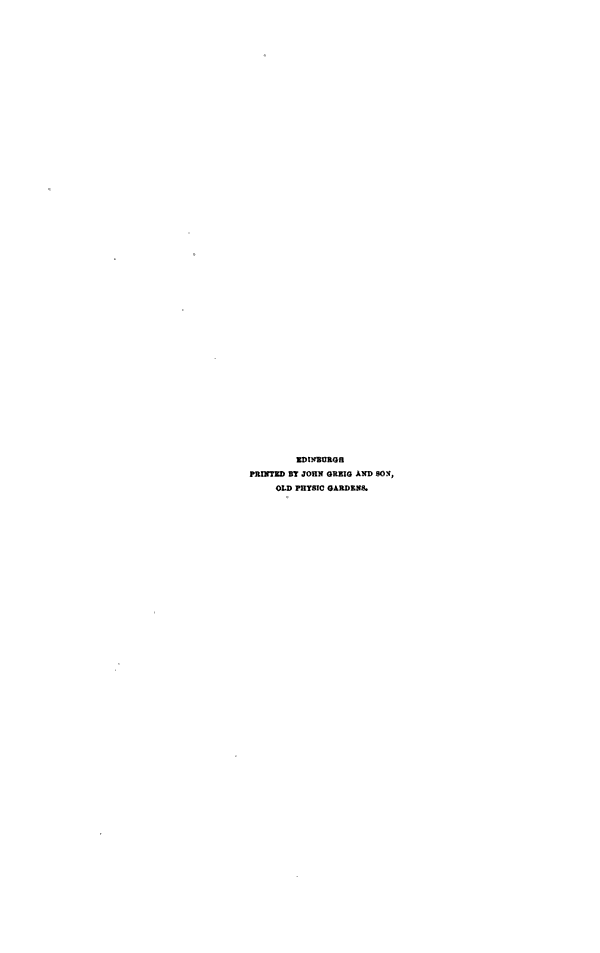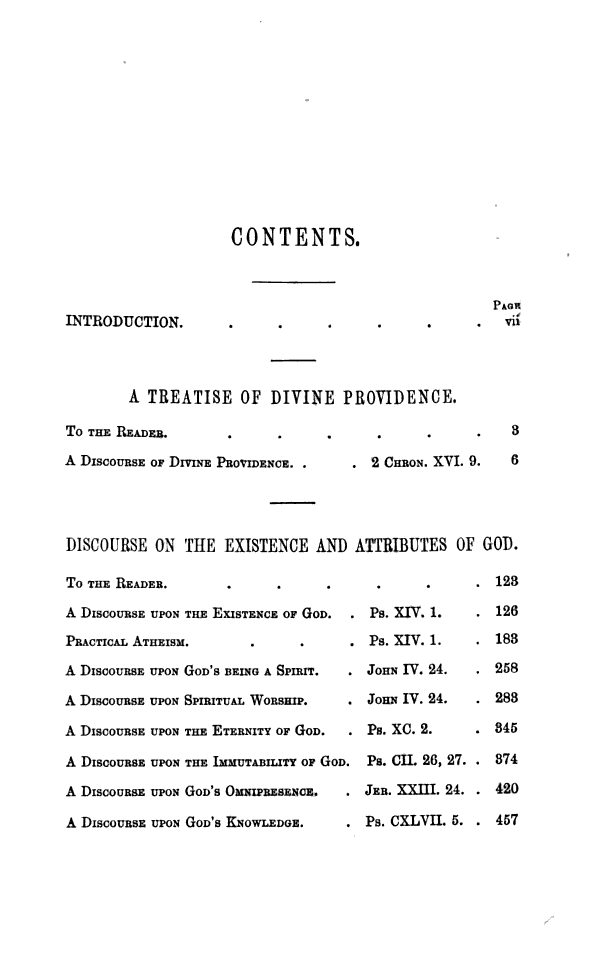The Complete Works of Stephen Charnock: With Introd. by James M'Cosh
Stephen Charnock
Google Book Search
This is a digital copy of a book that was preserved for generations on library shelves before it was carefully scanned by Google as part of a project to make the world's books discoverable online. See the back of the book for detailed information.
INTRODUCTION TO CHARNOCK'S WORKS.
I. HIS LIFE.
The memorials of the life of Charnock are much scantier than those who have profited by his writings, or who are interested in the history of the time, could wish. We have some notices of him in the sermon preached at his funeral by his 'bosom friend' Mr Johnson; a vague general account of him in an epistle 'To the Reader,' prefixed by Mr Adams and Mr "Veal, the editors, to his 'Discourse of Divine Providence,' published shortly after his death; a brief life of him by Calamy in his 'Account of the Ejected and Silenced ;' his collegiate positions detailed by Wood in his Athenee Oxonienses and Fasti; and this is all the original matter that we have been able to discover regarding the author of the great work ' On the Attributes.' Mr Johnson says, 'he heard a narrative of his life would be drawn up by an able hand;' and Calamy mentions that Memoirs of Mr Steph. Charnock were written by Mr John Gunter, his 'chamber-fellow' at Oxford; but of these we have not been able to find any trace. We have made researches in London, in Cambridge, and in Dublin, without being rewarded by the discovery of many new facts, not given by the original authorities. All that we have aimed at in the following Memoir is to combine the scattered accounts of him, to allot the incidents the proper place in his life and in the general history of the times, and thus to furnish, if not a full, yet a faithful, picture of the man and his work.*
Stephen Charnock was born in the parish of Saint Catherine Cree (or Creechurch), London, in the year 1628. He was the son of Mr Richard Charnock, a solicitor, who was descended from an ancient Lancashire family, the Charnocks of Charnock. We have no account of his childish or boyish years, or of his training in the family. But we know what was the spirit that reigned around him among the great body of the middle classes
* The writer is under deep obligations to the Rev. Alexander B. Groeart, Kinross; the Eev. Dr Halloy, New College, London; Joshua Wilson, Esq., Tunbridge Wells; and Charles Henry Cooper, Esq., author of the AnnaU of Cambridge, for directing him in bis researches.
in the best parts of the metropolis. An awe sat upon their minds in consequence of the great national collisions which were impending or had commenced; public sports were discouraged, as agreeing not with 'public calamities,' and the Lord's day was observed with great strictness. The churches were crowded with earnest hearers, and 'religious exercises were set up in private families, as reading the Scriptures, family prayer, repeating sermons, and singing psalms, which were so universal in the city of London, that you might walk the streets on the evening of the Lord's day without seeing an idle person, or hearing anything but the voice of prayer or praise from churches or private houses.'*
Li those times students entered college at a much earlier age than they now do, and had their university career over in sufficient time to enable them to enter when yet young on their several professional employments. Stephen was matriculated as a sizar at Cambridge July 8. 1642. Whether by the design of his father, or by the leadings of providential circumstances, we have no means of knowing, but young Charnock was sent to Emmanuel, the 'Puritan College,' so called, it is said, from a conversation between Queen Elizabeth and its founder, Sir Walter Mildmay. 'Sir Walter,' said the Queen, 'I hear you have erected a puritan foundation at Cambridge.' 'Madam,' said Sir Walter, 'far be it from me to countenance anything contrary to your Majesty's established laws; but I have set an acorn which, when it becomes an oak, God alone knows what will be the fruit thereof.' In 1641, it had 204 students attending, standing next to St John's and Trinity in respect of numbers ;t and occupying a still higher place in respect of the eminence of its pupils. 'Sure I am,' says Fuller, 'it has overwhelmed all the university, more than a moiety of the present masters of colleges having been bred therein.'
Charnock entering in 1642, is proceeding B.A. in 1645-6, and commencing M.A. in 1649. We have no difficulty in apprehending the spirit which reigned in Cambridge when he began his college life. The Reformation struggle was over, and earnest men saw that the Reformed Church, with its worldly, often immoral and ill-educated, clergy, and its ignorant people, was yet very far from coming up to the pattern which Christ was supposed to have shewn to his apostles. Two manner of spirits had sprung up and were contending with each other. Each had an ideal, and was labouring to bring the church into accordance with it. The one looked to the written word, and was seeking to draw forth, systematize, and exhibit its truths; the other looked more to the church, and was striving to display its visible unity before the world, that men's looks and hearts might be attracted towards it. The one was internal, personal, puritan, anxious to keep up the connection between the church and its Head, and between the members of the church in and
Neal's History of the Puritans, 1642. f Cooper's Annals of Cambridge, 1641.
through Christ; the other was external, ecclesiastical, priestly, seeking to retain the connection of the Church of England with the church of the past and the church universal, and to organize it into a powerful body, which might put down all error and all schism, and mould the whole institutions and sentiments of the country.
Every public event of interest, and every collegiate influence, must have tended to press religious questions upon the attention of the student at the time when his character was being formed. The Thirty Years' War, which had begun in 1618, was dragging its weary length along, and was essentially a religious conflict which the continental nations were seeking to settle by arms and by policy. The colonies of Plymouth and Massachussets, Connecticut and Newhaven, had been founded in the far west, and Herbert had sung, in a sense of his own,


